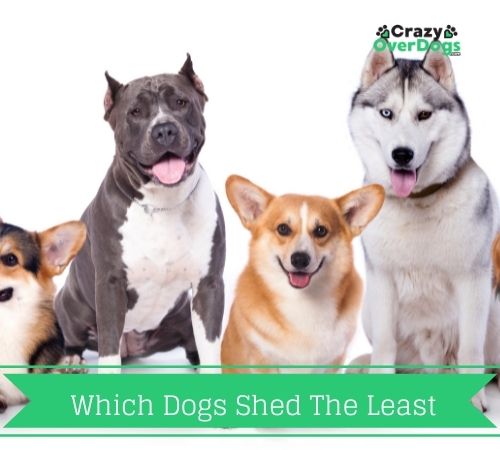Dogs are one of the most popular pets in the world. One of the common questions among dog owners is; “Which dogs shed the least amount of hair?”. There are many benefits to owning a dog, but one of the best is that they do not shed. Shedding is a problem for some people, so it’s important to know which breeds of dogs don’t shed and which ones do.
The content takes around 4 minutes to read, but we have included a table of contents so that you can see at a glance what is contained below.
Make sure to check out today’s deals to SAVE money on dog products by clicking on the graphic below. Don‘t miss out.
This post contains affiliate links and I will be compensated if you make a purchase after clicking on my links.
—————————
Table Of Contents
What Dogs Don’t Shed:
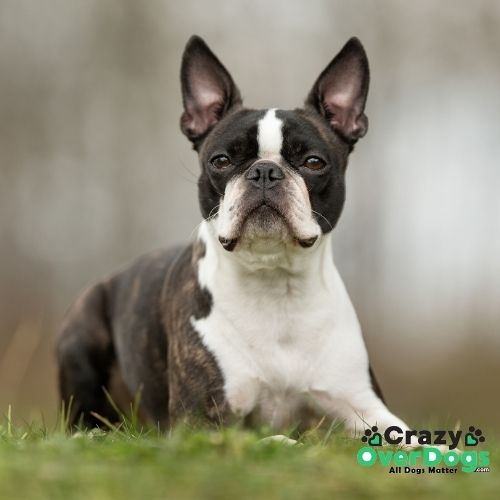
Not all people are fortunate enough to be able to live with a pet that doesn’t shed. So, if you’re one of the unlucky few, it’s important to know which breeds of dogs shed and which ones do not.
There are many breeds of dogs that have low-shedding coats, but you may need to do some research on which breeds are best for your needs.
The best dog breeds for people with allergies are those with a low-shedding coat. These dogs don’t produce any hair when they shed, which is perfect if you’re allergic to pet dander.
What Is The Difference Between Hypoallergenic Dogs And Dogs That Don’t Shed:
There is no difference between hypoallergenic dogs and dogs that don’t shed. The only difference is that the latter produces less dander and sheds less hair than the former.
Hypoallergenic dogs are not just for people with allergies. They are also great for people who have asthma or other respiratory issues. They produce less dander and shed less hair, so they will not trigger the same allergic response as a regular dog.
Some Dogs That Don’t Shed:
Dogs are the most popular pets in the world. They are loyal and loving and provide a sense of security. Dogs come in many shapes and sizes, but when it comes to shedding there is a huge difference between breeds.
Low Maintenance Dogs:
There are many dog breeds that don’t shed, which makes them perfect for those who have allergies or just want to keep their home clean. Here is a list of some low-maintenance dogs that don’t shed:
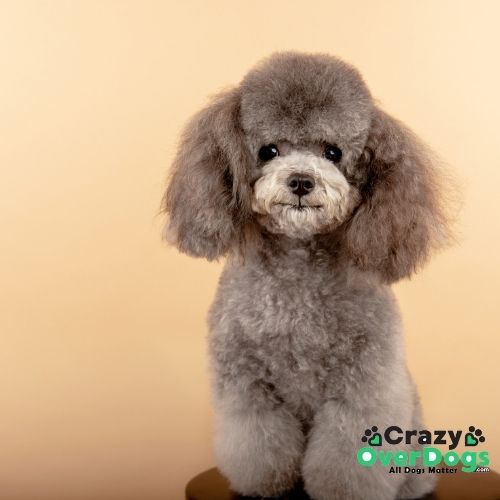
1): Poodle:
Poodles are a type of dog that was originally bred in Germany. They were originally bred to hunt and then later used as water dogs. They are generally considered to be one of the most popular breeds in the world. A poodle is a breed of dog that does not shed at all.
They are often kept as pets or show dogs, but can also be trained for various jobs like search and rescue, detection, and therapy work. It is a very intelligent breed of dog that is easy to train because it has an eagerness to please its owner.
—————————
2): Havanese:
Havanese dogs are a breed of dog that originated in Cuba. They are a member of the Bichon family. They are small, gentle, and intelligent dogs.
The Havanese breed is one of the oldest breeds in the world and it’s known for its hypoallergenic fur, which makes them popular among those who suffer from cat allergies.
The Havanese is a playful and intelligent breed that requires minimal grooming and exercise. They can be great for families with children because they love to play and cuddle with their human friends.
——————————
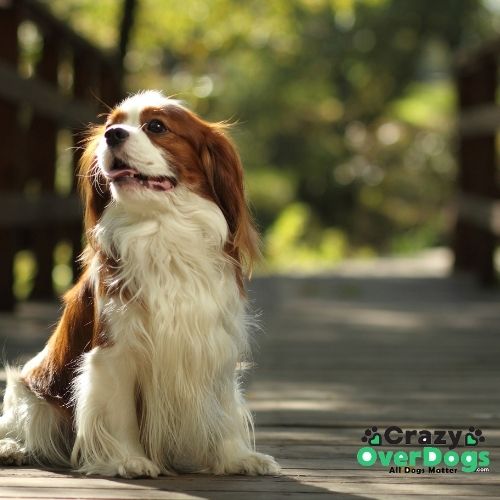
3): Cavalier King Charles Spaniel:
Cavalier King Charles Spaniels are a type of dog. They are small and have long noses. They were bred to be companion dogs, but they can also hunt small animals like rats.
These dogs are gentle, affectionate, and very loving in the way that they closely attach themselves to their family members. They can live alone or in a large family setting and do well with children and other animals as well.
They are one of the most popular breeds of dogs in the United States.
—————————-
4): Bassett Hound:
A Basset Hound should probably only need to go on a walk once or twice a day, but they can be lazy dogs, too. Most of them have short coats that won’t shed as much if they don’t get brushed and washed too often. Above all, they are very loyal.
They have a distinctive appearance, with a short, square-shaped body and long, drooping ears. They also have very short legs and an equally short tail. Their fur is usually brown or black in color with white markings on the chest and toes.
————————–
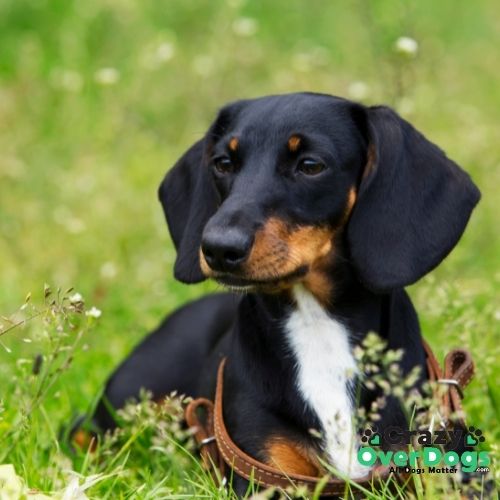
5): Dachshund:
Dachshunds are sociable and love to be with their families, but regular exercise is still important. Although they’re small dogs, they need a good amount of exercise.
They are a long-bodied, short-legged breed of dog and were originally bred to hunt badgers and other burrow-dwelling animals. They have been used in this capacity in many parts of the world.
6): Maltese:
Maltese are among the most popular dog breeds, with their aristocratic heritage and pure white coats. You can find them as loving family pets with humans who have been around for thousands of years! They’re full of energy, playful and great company. Their intelligence is often underestimated by the simple cuteness they may show.
————————
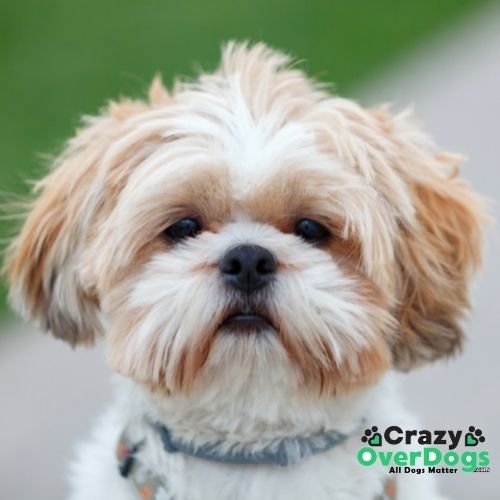
7): Shih Tzu:
A small, friendly, and playful dog, the Shih Tzu gets along well with kids. They are fairly low-key and don’t need too much exercise usually. Training is also important when you bring this dog into your family.
This small dog breed originates from China and is known for its long, thick hair with a heavy undercoat. The name means ‘lion’. It is one of the most popular breeds in the world. It has been bred both as a companion animal and for show purposes.
———————-
8): Boston Terrier:
Boston Terriers are really friendly and happy dogs that make great pets for people in cities. They might be a little more active than some dogs on our list, but they’ll still need daily exercise or a trip to the dog park to stay healthy.
The breed originated in Boston, Massachusetts, and was bred to be a smaller version of the American Pit Bull Terrier. Boston terriers are known for their friendly, affectionate temperament and intelligence. They also like to play and can be very active.
————————-
9): Whippet:
Whippets are affectionate, bright dogs that need both walks and play to keep fit. They also need minimal grooming so you can spend more time with them overall.
They are a type of dog that is very similar to the greyhound. Bred to race, they can also be very good pets.
This animal is not a breed of dog, it’s an actual species of dog. It’s got its name because it was originally bred for racing and was used to chase down hares.
———————–
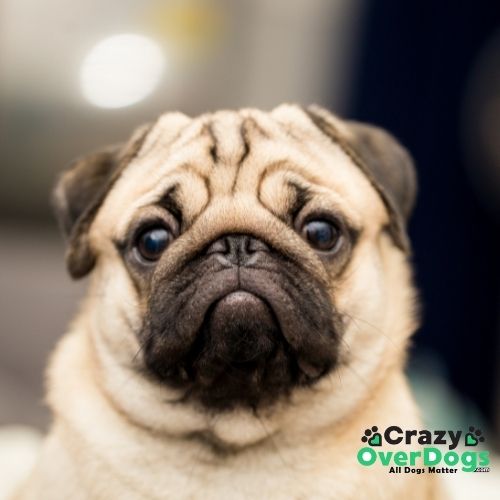
10): Pugs:
Pugs are a type of dog that comes in three different colors: fawn, black, and apricot. They have wrinkled faces and curly tails. They are often called the “clowns of the dog world” because they have such expressive faces.
Pugs are typically very friendly and outgoing dogs that love to hang out with their humans. They also have excellent social skills with other dogs and pets in the family.
They are ranked fourth on the list of America’s popular dogs and are known for having a distinctive look. Pugs make fantastic companion animals as they love interacting with anyone that crosses their path.
—————————
Conclusion:
Owning a non-shedding dog has many benefits. For one, they are the perfect choice for people with allergies or asthma. A non-shedding dog will not cause their allergies to flare up and they won’t have to worry about constantly wiping down furniture and clothing.
The next benefit of owning a non-shedding dog is that they don’t require as much grooming. They are less likely to get knots in their fur and need less brushing than other dogs. This saves time on maintenance and money on grooming supplies.
Lastly, a non-shedding dog is better for people with busy lifestyles because they don’t need as much exercise as other breeds of dogs do. This means that owners can spend more time at work or on their hobbies without having to worry about leaving.
————————-
Disclaimer: All material on this website is provided for your information only. It may not be construed as medical advice. No action or inaction should be taken based solely on the contents of this information. Instead, readers should consult appropriate health professionals or veterinarians on any matter relating to their pet’s health and well-being. The publisher is not responsible for errors or omissions.

